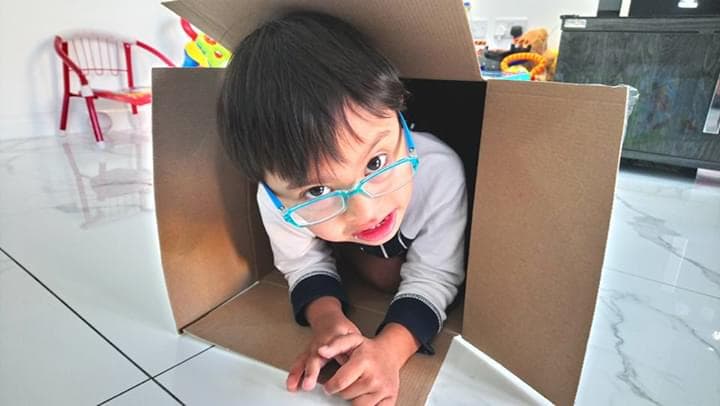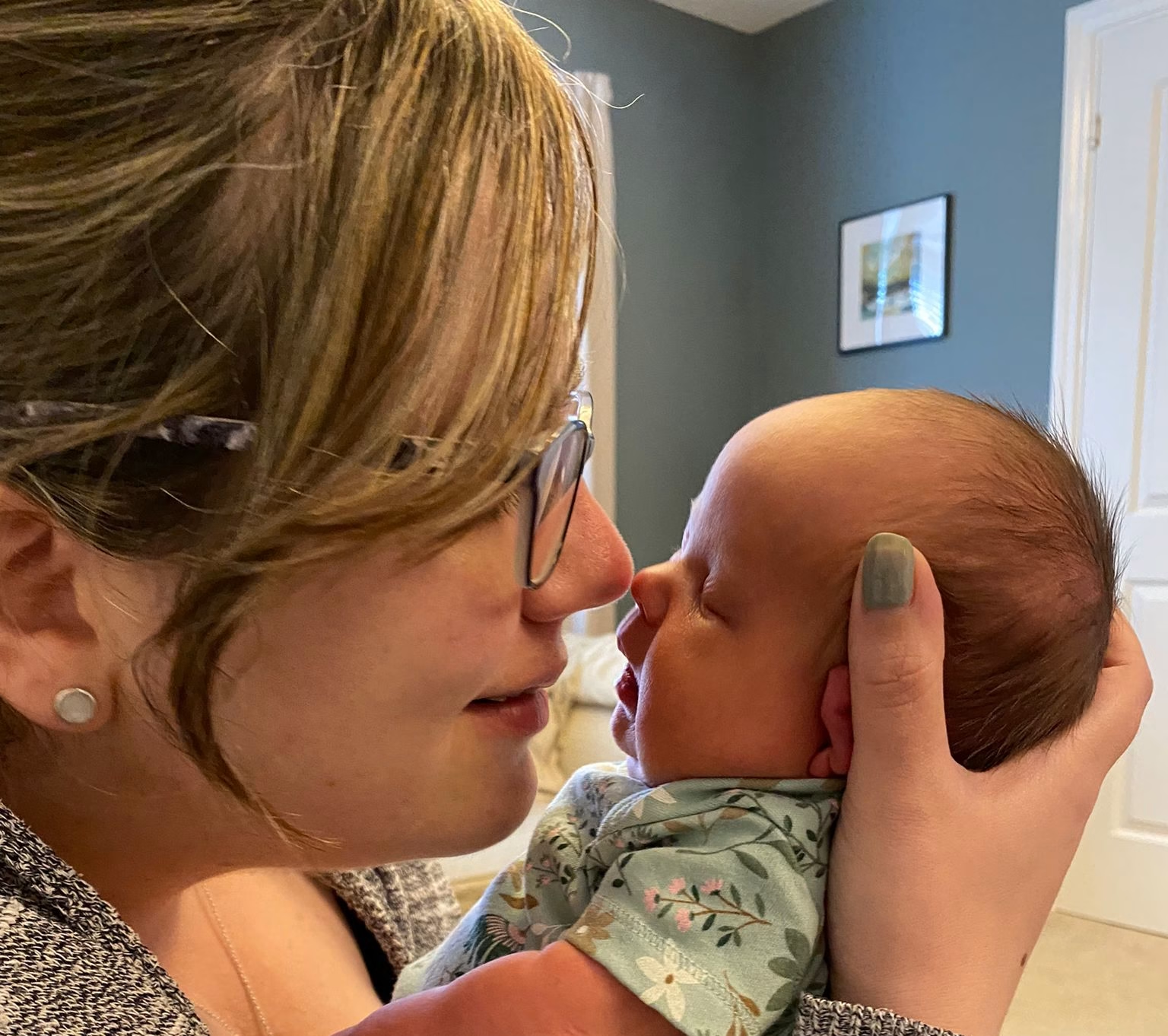- by Natasha Aidinyantz
A trip to the dentist can feel daunting for any child but for children with Down syndrome, it can come with extra challenges. New environments, unfamiliar people, bright lights and strange equipment can all make the experience overwhelming.
To help, we asked families in our community to share what’s worked for them when it comes to preparing for dental appointments. Here’s a collection of real-world tips from parents, along with extra ideas for making those visits a little smoother.
1. Start early and make it familiar
Many parents said that introducing dental visits early, long before treatment is needed, helped their child get used to the environment.
“I have taken H, who is now almost 4, regularly from about 6 months old to all dentist appointments for my family so she’s used to the environment… the dentist is usually happy to give them a quick once over so they get used to it.”
“As above, I started taking D to my dental appointments from when she was a baby. The dentist used to feel her gums just so she got used to someone looking in her mouth.”
Even if your child doesn’t have a formal check-up, visiting the practice and sitting in the waiting room can be a useful step.
2. Use play and pretend
Pretend play can make a big difference, helping your child understand what to expect and making it fun.
“E loves playing dentists with a Melissa and Doug dentist set, and we’ve a few books she enjoys too.”
“We played the Cocomelon episode of going to the dentist.”
“We do practice saying ‘ahhhhh’ with an open mouth!”
Playing dentist at home, using a toy mirror, or role-playing with siblings or teddy bears can all help take the fear out of the unknown.
3. Choose the right dentist and setting
Finding a supportive, understanding dentist is key. Some families have found that switching from a standard dental practice to a community dentist made all the difference.
“We go to a community dentist… They allow her to sit wherever she wants—not on the big chair… Everyone pretends to look in each other’s mouths. Then LOADS of stickers. Lots of saying ‘aaaaaaahhhhhh’.”
“My son gets much longer appointments, a chance to explore the room (which is much bigger than they usually are), takes his own sensory toys and the dentist goes to him, wherever he is comfortable—usually sitting on the floor in the corner!”
“The final dentist who owns the practice listened to me… he came over to her on the normal chair in the room and looked at her teeth there. He’d already let her play with the mirror and she’d shoved it in my mouth leading up to this point.”
If possible, call ahead to explain your child’s needs and ask if adjustments can be made. Flexibility and patience can make all the difference.
4. Prepare with visuals and stories
Photos and personalised books can help children understand what to expect.
“I took a photo of her sitting in the dentist’s chair the first time we went and use that to show her where we are going.”
“I made a little book about what happens at the dentist which we read before any appointment which helps to prepare her.”
Some parents also recommended TV episodes like Something Special and Cocomelon that feature dentist visits. These stories help normalise the experience and show it in a fun, friendly light.
5. Use tools and resources
Sensory toys, mirrors, and even gloves can help make the visit feel more interactive and playful. One parent even shared a brilliant resource they created themselves:
“If anyone is interested, I have written a book called Oscar the Dragon Cleans His Teeth. It’s less about the dentist and more about why you need to keep your teeth clean but may help some.”
Giving children something to explore or hold—like gloves, mirrors, or even giant toothbrushes—can also help ease anxiety.
6. Talk to the dentist in advance
One of the most helpful steps you can take is to speak with the dental team before your appointment. Let them know a bit about your child, any sensory sensitivities, and what helps them feel calm. While some dentists may have SEN experience, many won’t—so a heads-up can go a long way.
“Speak to the professional in advance to help them understand what to expect… They might need to be more patient, be aware of sensory issues, or make other small adjustments—like offering a familiarisation visit.”
Even a short call before your appointment can help the team prepare and ensure your child gets the warm, patient experience they deserve.
Final thoughts
Every child is different, and what works for one may not work for another. But one thing is clear: preparation, play, and patience go a long way. Trust your instincts, advocate for your child’s needs, and know that you’re not alone.
If you’ve found a tip or resource that made your dental visits easier, we’d love to hear it. Join our private Facebook groups or send a message to jo.willcox@downsyndromeuk.co.uk to be part of our growing bank of parent-powered wisdom 💛
Share this post
Author
 Fundraising and Marketing Manager
Fundraising and Marketing ManagerNatasha has been working in marketing for over 12 years. Having started her career in digital marketing, she's now worked with several charities and has joined Down Syndrome UK as the Fundraising and Marketing Manager.
View all posts







